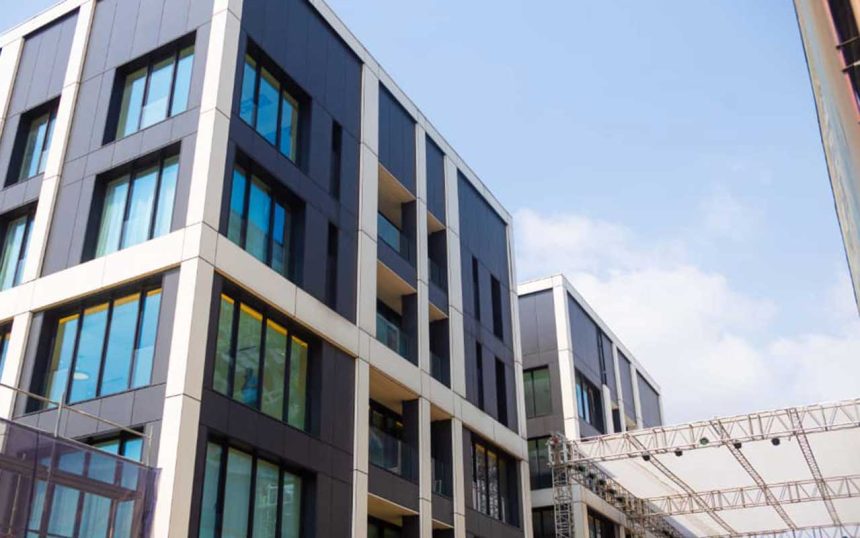The Lagos luxury housing sector has been valued at approximately ₦3.2 trillion ($7.5 billion), marking a significant milestone in the city’s evolving real estate landscape. According to the newly released State of Lagos Housing Market Report (Vol. 3), the segment has recorded steady growth, with annual expansion estimated between 6 and 8 percent.
Driven by growing demand from high-net-worth individuals, diaspora investors, and a thriving short-let market, luxury properties in areas such as Ikoyi, Victoria Island, and Lekki Phase 1 have witnessed remarkable capital appreciation. In 2023 alone, property prices in this segment jumped by 25 percent, solidifying Lagos as a premium real estate destination in Africa.
The report, published by the Roland Igbinoba Real Foundation for Housing and Urban Development (RIRFHUD), draws on satellite data, field research, and market analytics. It is the third edition in a series that began in 2009 and is regarded as one of the most comprehensive assessments of housing trends in the state.
A key highlight of the report is the average rental yield of 5.5 percent, positioning Lagos luxury real estate as a promising asset class for both local and foreign investors. With over 70 percent of Lagos residents living in rented properties, luxury homes are largely investor-owned, benefiting from consistent returns.
“This evolution has been propelled by major infrastructure projects that have significantly driven land value,” the report stated. “Ocean-view properties, particularly in Ibeju-Lekki and Abijo, now command prices up to 25 percent higher than their inland counterparts due to their location and lifestyle appeal.”
Despite the market’s success, challenges persist. The report notes that Lagos luxury estates often grapple with inadequate public infrastructure, forcing residents to self-fund basic amenities like water, power, and security—adding to the true cost of luxury living.
Dr. Roland Igbinoba, Executive Vice Chairman of RIRFHUD, emphasized the need for policy innovation, particularly in land administration. He urged the Lagos State Government to expedite the completion of the e-GIS digitization project, which would streamline land access, approvals, and licensing across ministries and agencies.
“Solving the land administration bottleneck is crucial,” Igbinoba said. “Once that’s in place, private sector players can explore innovative financing models, such as real estate crowdfunding, non-interest banking, and real estate tokenization, to support affordable housing.”
While the private sector naturally gravitates toward high-return projects, Igbinoba advised the government to provide consistent incentives for developers willing to invest in affordable housing. He stressed that meaningful reform would require strong political will, transparency, and effective execution to balance the booming luxury market with inclusive housing solutions for the broader population.
As the market continues its upward trajectory, stakeholders say striking a balance between profitability and accessibility will determine the long-term sustainability of the real estate sector in Africa’s most populous city.




